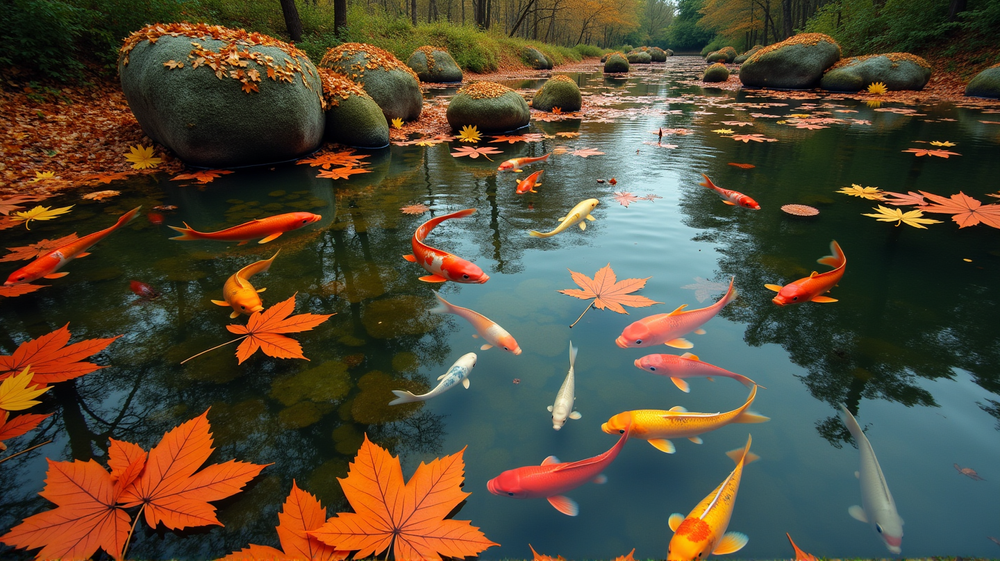In the scenic settings of Slovakian ponds, researchers have stumbled upon a revelation that challenges conventional wisdom in ecosystem dynamics. The subtle marvel of leaf decay, a crucial yet oft-overlooked process, finds its rhythm not in diversity but in the prowess of a specific few.
The Nature of Decomposing Life
Pond ecosystems are intricate tapestries, thriving on energy that flows predominantly from organic material drifting in from the surrounding landscape. Particularly, leaf litter serves as a cornerstone, fueling the circle of life in these water-bound worlds. According to Natural Science News, this leaf litter forms the backbone of nutrient-rich food webs as it breaks down.
One Species to Rule Them All
In an eye-opening study led by King’s College London, a spotlight was cast on the role of environmentally vital organisms known as “shredders.” These aquatic invertebrates gnaw at coarse organic matter, effectively churning it into finer fragments consumable by other organisms. Contrary to the widespread belief that variety in shredder species heralds faster decomposition, the research unveiled a surprising twist—it’s not the count that matters, but the presence of a key influencer.
Sericostoma: The Keystone Player
The study pivoted its focus on a standout shredder, the *Sericostoma* species. Through a clever experiment using microcosms—miniature simulations of their natural environment—the researchers elucidated the profound impact of *Sericostoma’s* feeding artistry. With its uncanny ability to tackle varying particle sizes, this species accelerated decomposition, establishing itself as a keystone species in aquatic ecology.
Implications for Ecosystem Management
These revelations compel us to ponder the nuanced dynamics of life underwater. It’s a testament to the significance of identifying and preserving keystone species like *Sericostoma*, which wield tremendous influence in maintaining ecological balance. As environmental changes loom large, understanding these dynamics becomes imperative for conservationists striving to administer and manage delicate ecosystems effectively.
Broadening the Ecological Horizon
The ripple effects of leaf decay extend beyond the aquatic boundaries. Detritus processing isn’t an isolated dance; it plays a role in resource transfers between environments, creating reciprocal advantages. For instance, leaf litter decomposition supplements ecological productivity, nurturing life forms that oscillate between aquatic and terrestrial realms.
This compelling tale from the ponds isn’t just a piece of scientific trivia—it’s a clarion call to appreciate and protect the discreet, powerful players that sustain the circle of life. As the world faces biodiversity challenges, paying heed to the specific organisms that silently ensure our ecosystems’ vitality is more relevant than ever. The deep-seated insights from this research underscore the need for a paradigm shift in how we perceive ecological interactions, putting the focus not just on diversity but on the traits and roles of critical species.












